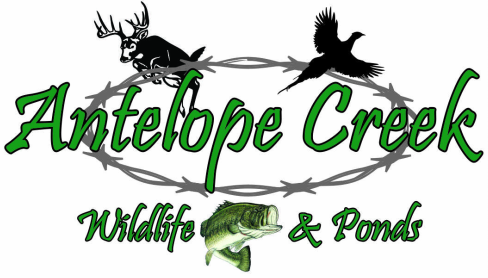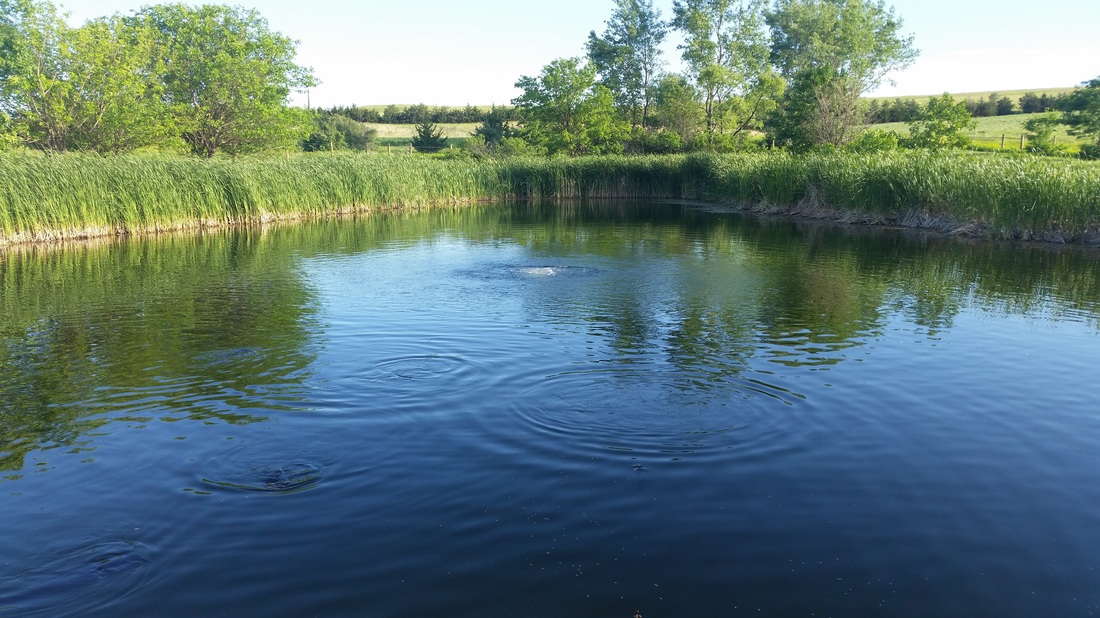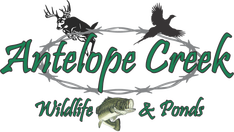The absolute most important aspect to a pond is, well of course, water. Obviously without water you don’t have a pond. However, I you don’t have quality water you too may not have much of a pond besides a hole filled with water. The chemistry of your water is perhaps the hardest thing to understand about a pond for almost all people including myself. There can be a lot of variables to siphon through to determine issues that may be affecting the biology of the pond to hold and maintain all aquatic life. All sorts of things can be dissolved into your water affecting its chemistry and tons of organic matter can be added every year through leaves, grass clippings, dead aquatic plants and algae and even excess nutrients from runoff. Knowing the pH, correct water color, depth of visibility and the waters alkalinity are all things to know and understand to assure you are not running into problems with your pond or they will help you understand why your pond isn’t becoming what you dreamed it would and then you can begin to change the issues at hand.
Habitat is the next most important aspect. Generally only about 10% of a pond is useful to around 90% of the aquatic species living in it. Habitat in your pond consists of the areas fish and other species can hide, loaf, ambush prey, congregate, feed and reproduce. Lacking these key features can make it difficult for one to have a balanced fishery or to meet their individual goals for the fish species residing in it. If you want to grow big bluegill you can’t have just bluegill habitat. You need the habitat for predator species to keep the bluegill population in check also areas for those species to reproduce. You need the habitat requirements for all species involved not just one so you will have a better chance of meeting your goals for the pond.
Every fishery needs a well established food chain as well. There needs to be plenty of food not just for your game fish of choice but also the fish that feed them need to have their nutrition requirements met so that they will in the end provide more pounds and higher nutritional value food to those game fish. Don’t forget the newly hatched fish, the future of your fishery, also need to have their nutritional requirements met. This is generally in the form of plankton and that is where knowing proper water color and depth of visibility is particularly important. You could also choose to help supplement their diets by starting a feeding program of pelleted food in your fishery.
Genetics can be another important factor in a quality fishery. Many of you may be thinking how do you do such a thing in fish. Well for starters if you are starting from scratch on a pond, have a solid stocking plan in place and purchase those fish from a reputable hatchery. You may even want to hire a private fisheries biologist to help you. Do not just go and take fish from your friends fishing hole and throw them in. You won’t have correct stocking rates and for you to see desired results it will take much longer. Another way to select better genetics is in the final principle of pond management and that’s through fish harvest.
You can have everything else in place but without a proper harvest plan it will be near impossible for you to meet many of your goals. When fishing your pond help the genetics of the desired fish species by selectively harvesting those fish that do not look as healthy as others in the same size class. By doing this you are allowing the biggest, healthiest fastest growing fish to survive and pass on their genetic material to future generations. However, this is likely not going to be the only harvest you need to do there is a chance you will need to harvest much more than that. A fishery will only support so many pounds of fish per acre and you need to choose how you want those pounds spread out and harvest accordingly to achieve those goals. Many people think that in order to grow big fish you must not take any out when in fact if you do not harvest all you are asking for is a over abundant population that shows stunted growth.
You can have that dream fishery of yours but it will take some time and effort and understanding of principles that goes along with a healthy fishery. It can be frustrating but you will have lots of fun and you will see great rewards if you stick to your plan. Follow along as I will dive deeper into these subjects over the next few months.
Remember to manage today for a better tomorrow!
Brett Kleinschmit


 RSS Feed
RSS Feed
